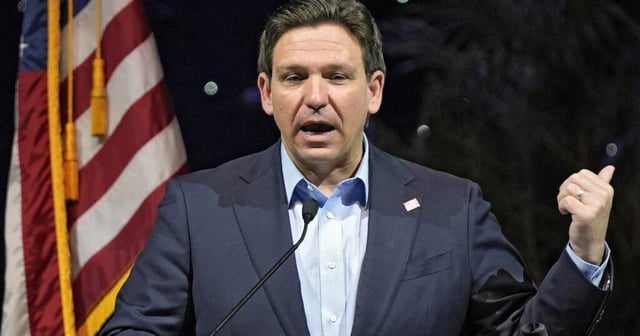Overview
- Florida TaxWatch identified 450 projects worth $854.6 million as 'budget turkeys' needing scrutiny.
- An additional $912.2 million in projects require closer review by Governor Ron DeSantis.
- The report noted a record 1,600 local member projects totaling $2.8 billion for the third consecutive year.
- TaxWatch emphasized the need for statutory review processes to manage the growing number of discretionary projects.
- The organization calls for a reevaluation of state funding for local projects that may be considered luxuries.
